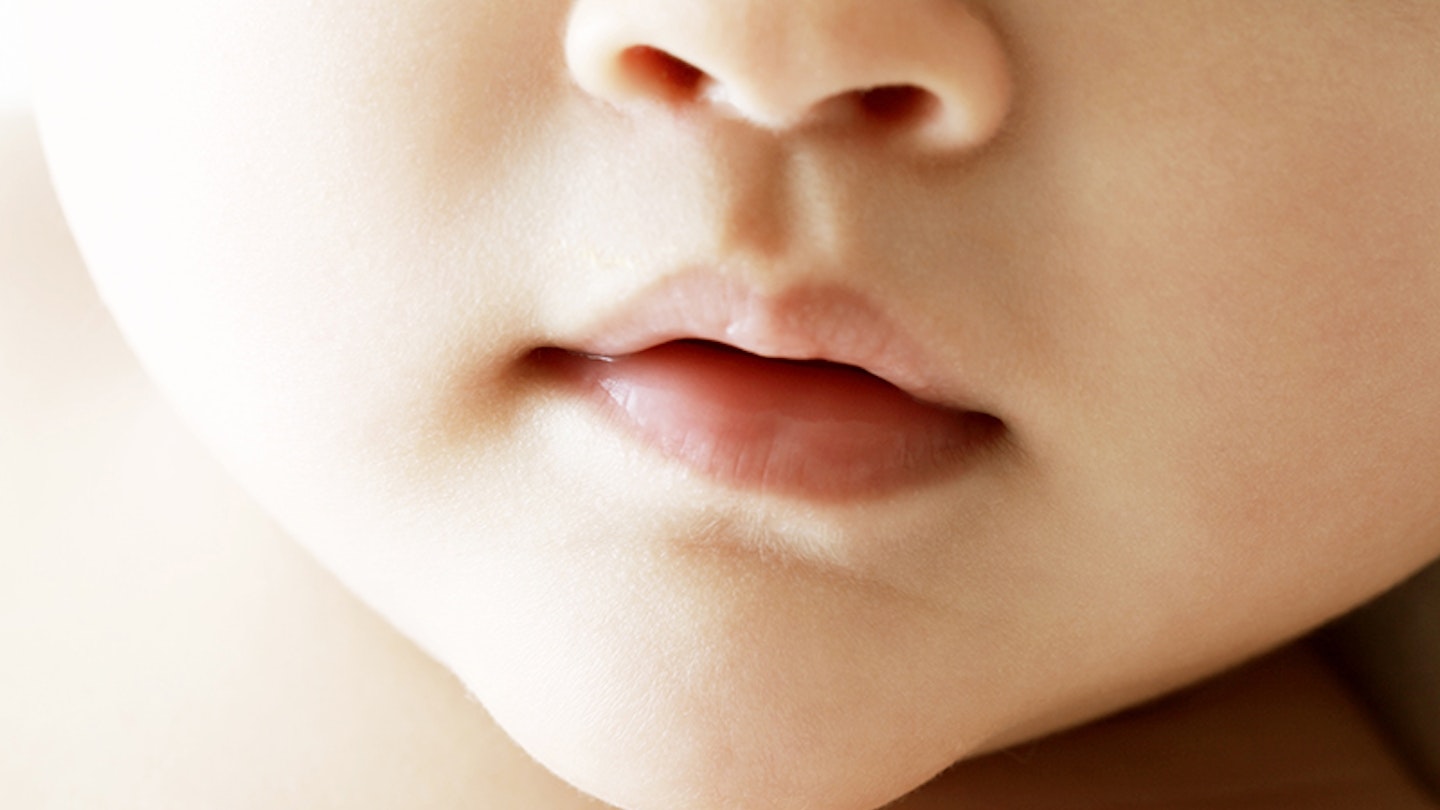
Medically Reviewed by: Dr. Suraj Vatish
Breastfeeding should be a bonding experience, but for some parents, it can turn into a frustrating struggle. If your baby is having difficulty latching, struggling to feed for long periods without satisfaction, or experiencing excessive gas and reflux, a lip tie may be the culprit.
A lip tie occurs when the tissue connecting a baby’s upper lip to their gum (the labial frenulum) is too thick or tight, limiting movement. While some lip ties cause no issues and will improve and resolve with age, more restrictive cases can affect feeding, oral development, and even future dental health.
When the tissue behind your baby's upper lip (known medically as the maxillary labial frenum) is too short and tight, this limits your child's upper lip movement often causing lip tie.
We spoke to Dr. Suraj Vatish, an experienced dental surgeon from Happy Kids Dental who specialises in tongue ties, airway-focused dentistry, and infant oral health. He has also carried out surgery on babies with lip tie.
Recognising lip tie in your baby
Dr Suraj tells us that identifying infant lip tie early can make all the difference. He says to look out for these common signs:
• Difficulty latching onto the breast or bottle
• Lip blisters: Small blisters on the upper lip
• Prolonged or frequent feeding sessions with minimal satisfaction
• Clicking sounds while nursing
• Poor weight gain or slow growth
• Gassiness, reflux, or colic-like symptoms due to excessive air swallowing
• A gap between the upper front teeth as they develop
The impact of lip tie on a breastfeeding baby can be quite serious. Dr Suraj says, "A lip tie prevents a baby from flanging their lips properly around the breast, making it difficult to create a strong seal." If not recognised, it can cause the breastfeeding mum:
• Maternal pain (sore, cracked nipples, or even mastitis)
• Inadequate milk transfer, resulting in low milk supply
• Baby frustration, leading to fussiness at the breast or bottle rejection
• Aerophagia (swallowing of air) during feeds
"Diagnosing a lip tie is more than just giving it a quick look. Lip ties are best assessed by a paediatric dentist, lactation consultant, or paediatrician-trained in oral restrictions." Dr Suraj explains.
A thorough evaluation includes:
• Visual Inspection – Examining how the baby’s upper lip moves and attaches to the gum
• Functional Assessment – Watching the baby nurse or bottle-feed to identify challenges
• Tongue Tie Check – Since lip and tongue ties often occur together, research suggests they are linked due to shared embryological development - a full oral exam is essential. A study published in The Laryngoscope found that many infants with breastfeeding difficulties had both conditions, emphasising the importance of comprehensive evaluation.
• Parent Collaboration – Your observations on feeding struggles are crucial in confirming the diagnosis.
He goes on to say that "For babies struggling with a restrictive lip tie, a laser frenectomy is a safe, effective, and quick treatment. Scissors are not recommended due to potential issues with bleeding and infection. A laser precisely releases the tight tissue, restoring natural lip movement and improving feeding ability."
Laser lip tie surgery offers a quick and minimally invasive solution for babies experiencing feeding difficulties. The procedure itself takes mere seconds with little to no bleeding. Healing is often faster and smoother compared to traditional scissor revisions, with a reduced risk of reattachment. The good news is that many parents notice immediate improvements in their baby's feeding, making it a transformative experience for both mum and tot.
Ignoring a restrictive lip tie can contribute to a number of problems further down the line. Dr Suraj points out these could include:
• Speech difficulties
• Dental spacing issues
• Issues with oral hygiene, as brushing around the lip tie area can be uncomfortable, increasing the risk of dental decay
• Breathing and airway concerns, as the upper lip may struggle to meet the lower lip, increasing the amount of mouth breathing.
Addressing the issue early sets your baby up for a healthier future.
What should I do if I'm worried my baby has a lip tie?
Babies who have breastfeeding difficulties should be checked over, especially if they have problems with their latch. Getting an evaluation from an experienced provider can transform your feeding journey and ensure your baby thrives.
FAQs lip tie
What age is best to correct lip tie?
Lip ties can be corrected at any age, although it is easier when they are under 12 months. The entire procedure takes less than one minute to complete.
Can I check my baby for a lip tie?
Yes you can. Gently pull baby's upper lip away from their teeth to see if lip movement seems restricted. You may also see the flap of skin that runs from above their front teeth to the underside of the lip looks thick, this could be a lip tie but a professional opinion will give you a clearer idea.
About the expert
Dr. Suraj Vatish is an experienced dental surgeon specialising in tongue ties, airway-focused dentistry, and infant oral health. With extensive training in laser frenectomy techniques, Dr. Vatish is dedicated to helping babies and families overcome feeding challenges. At the Tongue Tie and Breathing Center at Happy Kids, Dr. Vatish is committed to improving early childhood development through better oral function and breathing.
About the author
Keya Modessa, is our Senior Digital Writer and brings over a decade of experience from the digital realm to Mother&Baby. As a mother of two, Keya understands the joys and challenges of modern parenthood and uses her own experience, to give practical advice. Keya has worked across national publications including glossy women's mags, Food and Travel, and more recently as digital lead for Muddy Stilettos.
